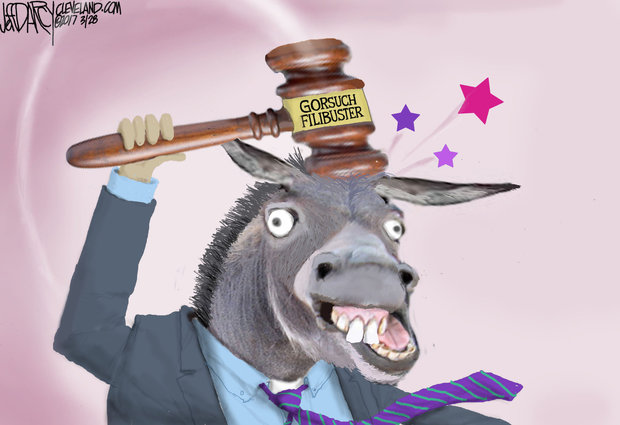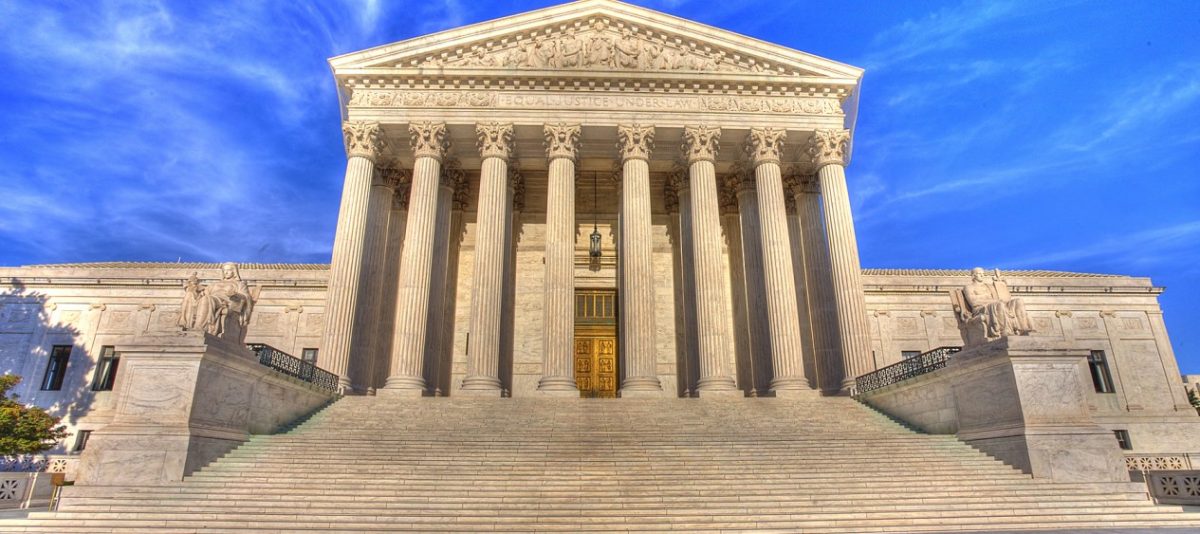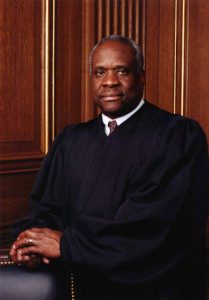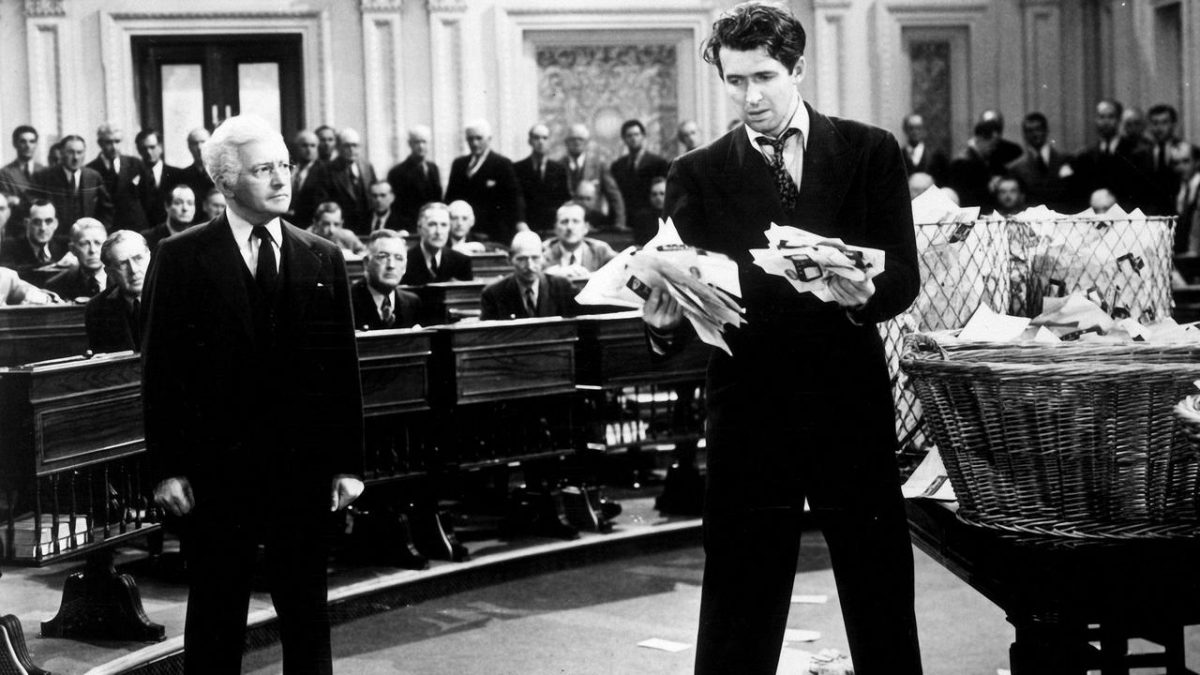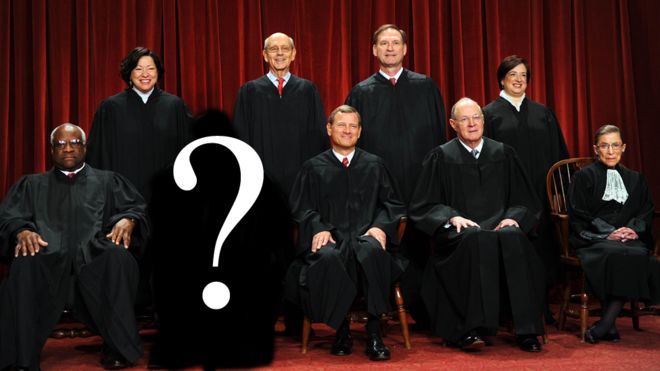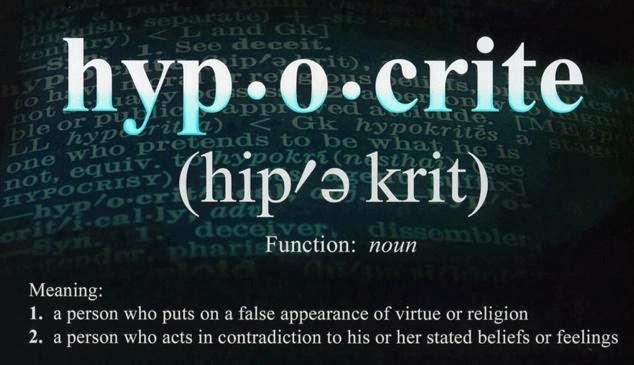The death of the filibuster is at hand, at least for Supreme Court nominations. But slaying of the filibuster dragon requires a whole bunch of U.S. Senators to raise their hands on the Senate floor and proclaim for all to hear, “I am a hypocrite.” You’ll see why below.
This hypocrites hall of fame list includes each and every Senator, as it turns out, who has said they will filibuster the Gorsuch nomination. But before we put our Scarlet Letter around the necks of each of those likely luminaries, let’s pay homage to the scant few who stand for some principle. Any principle. To the few who understand that the business of the United States requires accommodation, compromise, and respect in order to move forward the business of the people, if only in small steps. So who populates that list?
Hat’s Off List
First and foremost, a large tip of the hat to West Virginia Senator Joe Manchin. Sure, he’s up for re-election in a State President Trump won by over 40 percentage points. And yes President Trump made his big political move to support coal the other day. Manchin may have his own personal political reasons for refusing to filibuster – can you say, political survival? But supporting a vote on the nominee is still supporting a vote, so a large tip of the old visor to Senator Manchin.
Second, a small tip of the hat to the Senate’s most senior Democrat, Vermont’s Pat Leahy, who said he’s “not inclined to filibuster” the nomination. But that “inclination” was not a final decision, even for the allegedly-principled Leahy: “I am never inclined to filibuster a [Supreme Court nominee]. But I need to see how Judge Gorsuch answers my written Qs, under oath, before deciding.” Leahy is the former Chairman of the Judiciary Committee. Having presided over two Supreme Court nominations by President Obama, he should know better.

Death of the Filibuster – The Hypocrites List
This list is a bit longer. Actually, a lot longer. So sorry, but we just report the facts, we don’t make them. The death of the filibuster is no easy matter. But we’ll start at the top and work our way down:
The first rule for the Senator in the leadership position is to – lead. It looks like our Minority Leader also leads our hypocrites list. You be the judge. Here’s the principled Senator, in his own words:
Regarding a vote on the Garland nomination: “Our system of checks and balances requires nine Supreme Court justices. Playing politics only weakens our democracy. The Senate’s job is to hold hearings and vote on nominees. The Senate has a responsibility to give advice and consent on Supreme Court nominees and stop playing judicial politics.”
Not one to play politics with this advice and consent responsibility, here’s New York’s senior Senator now:
Regarding a vote on the Gorsuch nomination: “I say if this nominee cannot earn 60 votes – a bar met by each of President Obama’s nominees and George Bush’s last two nominees – the answer isn’t to change the rules. It’s to change the nominee.”
Editor’s Note: Excuse us, Senator Schumer, but could you point us to the Constitutional provision requiring 60 affirmative votes in the Senate for confirmation of a Supreme Court nominee. We know there are a couple of Constitutionally-mandated Senate super-majority vote necessities – treaties and impeachment come to mind – but we don’t recall the one regarding the Supreme Court.
The light will shine on whomever it must. Try to find the guiding principal behind the advice and consent philosophies of these leading Senators:
Bernie Sanders, Vermont, and former Presidential candidate
Regarding a vote on the Garland nomination: “I call on . . . Leader McConnell to bring the [Garland] nomination to floor of the Senate if Judge Garland is approved by the Judiciary Committee.”
Regarding a vote on the Gorsuch nomination: “I will not support Republican efforts to change the rules to choke off debate and ram the nomination through the Senate.” He supports the filibuster.
Regarding a vote on the Garland nomination: The Senator’s tweet – “Heading to the Senate floor now to tell the @SenateGOP:#DoYourJob and give judicial nominees a vote.”
Regarding a vote on the Gorsuch nomination: “I believe Judge Gorsuch’s nomination should be blocked.”
Regarding a vote on the Garland nomination: “There’s no excuse for the Senate to ignore its constitutional responsibility – time to give Judge Garland a public hearing and a vote.”
Regarding a vote on the Gorsuch nomination: “I just announced that I’ll be voting against Gorsuch and for the filibuster – basically require 60 votes.”
Editor’s Comment: Another leading light pointing somewhere into the ether to find that Constitutional 60-vote requirement. Keep looking, Senator.
The former Vice Presidential candidate’s views:
Regarding a vote on the Garland nomination: The Senator’s tweet – “Senate has an obligation and consitutional duty to advise and consent on the President’s [Supreme Court] nomination. It’s part of the job description.”
Regarding a vote on the Gorsuch nomination: “The way I look at it is the Supreme Court is the only position that requires you to get to a 6o-vote threshold, which means it mandates that there be some bipartisanship and that is appropriate. Life tenure. Highest court in the land. Should have to get to 60 votes.”
Editor’s Note: As we observed, there is no 60-vote threshold. The Senator is incorrect. He was referring to the Senate’s filibuster-debate cloture rule. As to “bipartisanship”, he couldn’t be more wrong. Supreme Court advise and consent should involve no partisanship at all. In theory (and in today’s world, that’s all we have left) the nominee should be considered on the merits, and that’s it.
Regarding a vote on the Garland nomination: He tweeted “No Dem consoled Congress denied hearings or a vote. This shouldn’t be about partisanship but about doing their job.”
Editor’s Comment: No, Democrats would never deny a vote, Senator Booker, of course not. And you are right – this shouldn’t be about partisanship.
Regarding a vote on the Gorsuch nomination: “I’m going to oppose Judge Gorsuch every step of the way. A 60-vote threshold is not something new for Supreme Court nominees to overcome. It helps ensure that presidents seek nominees whose views are in the mainstream.”
Editor’s Comment: No, Senator, the 60-vote threshold for confirmation is something new. And we all know that “mainstream” is the code-word for “people who share my political views.” Yes, that’s certainly not partisan.
So we grew tired of publishing a full compilation. But here’s the current list of other Senators who will filibuster a floor vote on Judge Gorsuch. And in each case, they took the opposite view regarding Judge Garland.
- Patty Murray, Washington
- Tom Carper, Delaware
- Bill Nelson, Florida
- Ron Wyden, Oregon
- Al Franken, Minnesota
- Ed Markey, Massachusetts
- Chris Van Hollen, Maryland
- Martin Heinrich, New Mexico
- Amy Klobuchar, Minnesota
- Maggie Hassan, New Hampshire
- Jeanne Shaheen, New Hampshire
- Gary Peters, Minnesota
- Debbit Stabenow, Michigan
- Kamal Harris, California
- Chris Murphy, Connecticut
- Jack Reed, Rhode Island
- Mazia Hirono, Hawaii
- Sheldon Whitehouse, Rhode Island
- Tammy Baldwin, Wisconsin
- Jeff Merkley, Oregon
- Bob Casey, Pennsylvania
- Tom Udall, New Mexico
Death of the Filibuster – The Principle
So we’re headed to the death of the filibuster. Is that a good thing or a bad thing? Some claim its death gives us more democracy. Others fear it just grants a small majority further, and enduring, control over the lives of the minority. A fair debate.
But it’s a list of principled men and women, yes indeed, who walk the Senate’s hallowed halls. They bring us the death of the filibuster. Not because it is right or wrong to do so. But because they are pure partisans, through and through.

